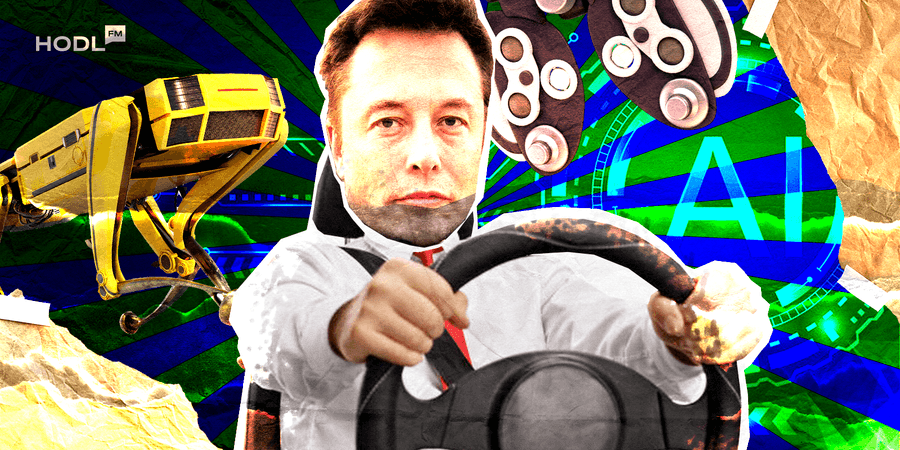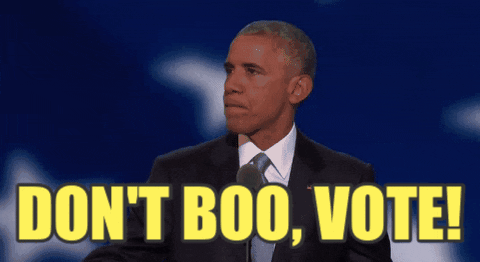In a recent announcement, Elon Musk, CEO of Tesla, expressed his desire to obtain at least 25% voting control of the company. Musk believes that such control is necessary for Tesla to become a leader in artificial intelligence (AI) and robotics. What are the ramifications of Musk’s request and how might it influence Tesla’s future ventures in the field of artificial intelligence? Let’s get into it.
Read More on AI: Sony’s New AI Can Create Wickedly Smart NPCs
Musk’s Demand for Voting Control
Elon Musk took to social media to express his discomfort with not having sufficient voting control over Tesla, despite his current stake. He stated that he would prefer to have a significant influence over the company’s decisions while still allowing room for others to challenge his ideas. Musk believes that this level of control is essential for Tesla’s success in the AI and robotics domains.
The Implications for Tesla’s Governance
Governance experts and analysts are concerned about the potential conflicts Musk’s demand may pose to his duties as CEO. By seeking greater voting control, Musk could risk concentrating power in his hands and limiting the influence of other stakeholders. This move could lead to questions regarding transparency, accountability, and the independence of Tesla’s board. Striking the right balance is crucial for Tesla’s long-term stability and growth.
Musk’s vision for Tesla goes beyond electric vehicles. He has long championed the development of AI and robotics, evident through Tesla’s “Full Self-Driving” software and humanoid robot prototypes. By emphasizing the need for increased voting control, Musk aims to ensure that Tesla remains at the forefront of these emerging technologies. His goal is to leverage Tesla’s advancements in AI and robotics to revolutionize transportation and expand the company’s revenue streams.
The Market’s Response
Tesla’s shares experienced a modest increase following Musk’s announcement, indicating cautious optimism among investors. However, the stock has faced notable declines since the beginning of the month. The market’s reaction reflects the uncertainty surrounding Musk’s demand and its potential impact on Tesla’s future. Investors are closely monitoring the situation to gauge the long-term implications for the company’s valuation and performance.
The Dual-Class Share Structure Debate
To achieve his desired voting control, Musk mentioned the possibility of adopting a dual-class share structure. However, he expressed frustration over the limitations imposed after Tesla’s initial public offering. Musk compared Tesla’s situation to other companies, such as Meta (formerly Facebook), which have multi-class share structures granting significant control to founders and early investors. This raises questions about the fairness and effectiveness of different share structures in ensuring sustainable governance.
Conclusion
Elon Musk’s pursuit of increased voting control at Tesla to advance the company’s AI agenda presents a unique challenge. While his vision for AI and robotics is commendable, concerns regarding corporate governance and shareholder interests arise.
More on AI from HODL FM:
- AI and Tech in 2023: Recap
- Brainoware: The Marriage of Human Brain Cells and AI
- Copyright in the Age of AI
The outcome of this plan will definitely impact Tesla’s trajectory in the AI space and shape the future of transportation technology. The market eagerly awaits further developments and their implications for Tesla’s growth and influence in the AI sector.
Disclaimer: All materials on this site are for informational purposes only. None of the material should be interpreted as investment advice. Please note that despite the nature of much of the material created and hosted on this website, HODL FM is not a financial reference resource and the opinions of authors and other contributors are their own and should not be taken as financial advice. If you require advice of this sort, HODL FM strongly recommends contacting a qualified industry professional.





